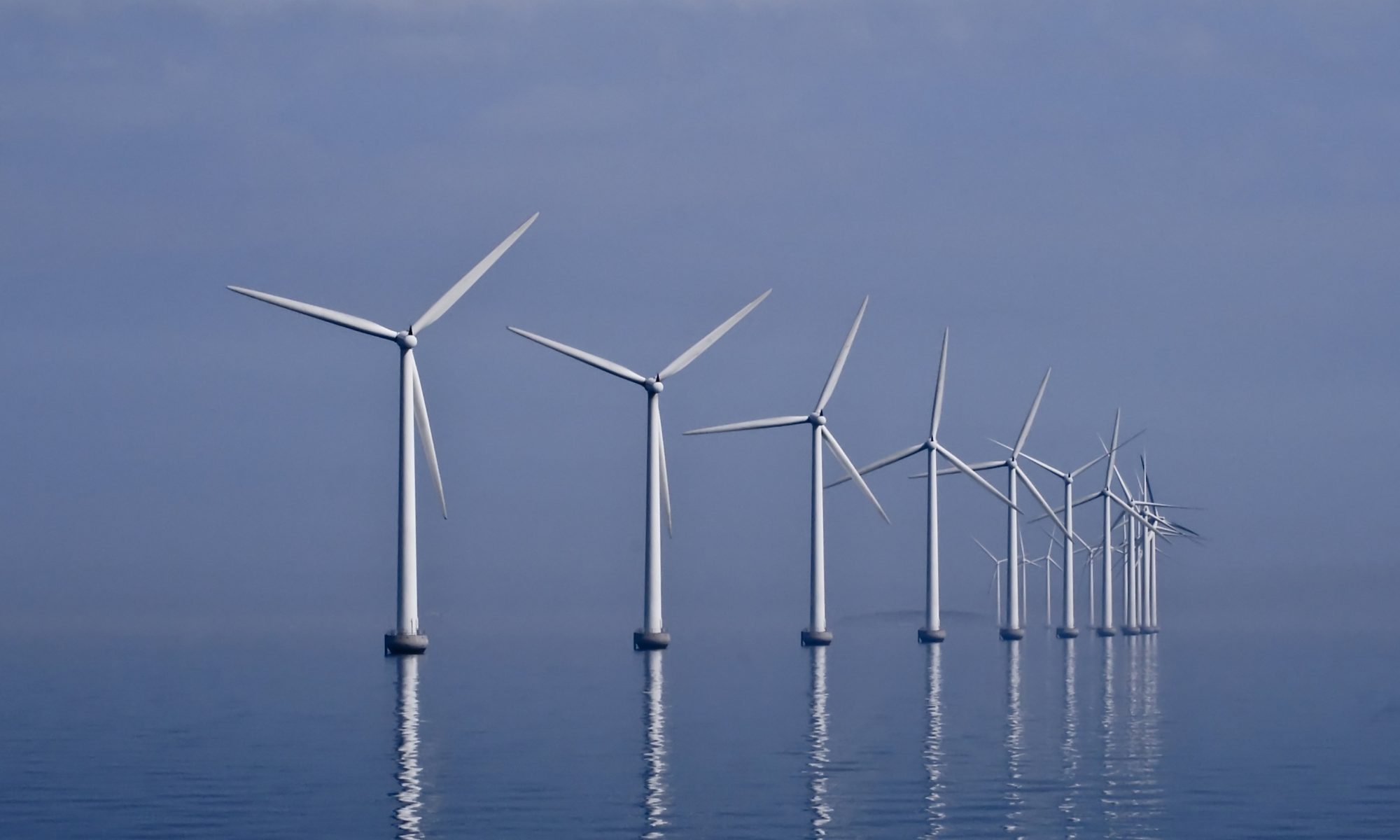
“Some men see things as they are, and ask why. I dream of things that never were, and ask why not.”
—Robert F. Kennedy
By Matt Polsky, Jillian Connelly, Candace Barr, Jazmine Garcia, Dillon Negrao, Dana Ogden, Zachary Potter, Matthew Wojciechowski, Brian Woodward, Andrew Wortman, Margaret Cawley, Mary Dragone
An open letter to:
Congresswoman Alexandria Ocasio-Cortez
229 Cannon HOB
Washington, D.C. 20515
The Honorable Congresswoman Ocasio-Cortez:
For the course I teach at Ramapo College in Mahwah, New Jersey, Economics, Ecology, & Ethics, we studied the Green New Deal in the last third of the spring semester. We read and discussed articles and viewed videos about it, featuring both its fans and critics. This was after we had explored the course theme: how do we best put economics and the environment together, pulling in equity issues, while learning to identify economics ideas inconsistent with sustainability.
We find that your Resolution already is doing much that is right and is unusually admirable. It is extremely bold, because, as you have pointed out, it has to be to deal with the problem of climate change. It also boldly integrates economic and social issues with it. It is blunt. Its approach is unusual and very challenging, but consistent with tenets of the sustainability field that it invokes.
Much of this, though, has bought the Resolution a lot of criticism, both fairly and unfairly.
The eleven students and I aim to provide ideas to you, your staff and advisors that would build on its strengths, while providing responses to some of the criticisms. For example, as the Resolution has been criticized as “light on details,” this report provides more of these.
In any group report it is best not to assume that all contributors agree wholeheartedly with every point or recommendation, although no one expressed any reservations to anything in the report itself. As this was largely the students’ report, while I guided their exploration, for the most part I went with their views. The nuclear one was tricky. I concurred with it, partially because of the stakes, and the power of their arguments and those of some guest speakers we had. But I want to point out the necessity of the associated conditions with that recommendation discussed there for reluctantly “coming out” on the “pro-nuke” side. Another is the hope that the “new nuclear technologies” advocates cite really does result in less waste and potential for proliferation of plutonium, although I’m still not persuaded that the argument “nuclear waste is a political problem, not a technical one” gets us anywhere. But—still—as climate change is one of the biggest challenges for the next generation… there is that compelling “carbon-free” argument.



